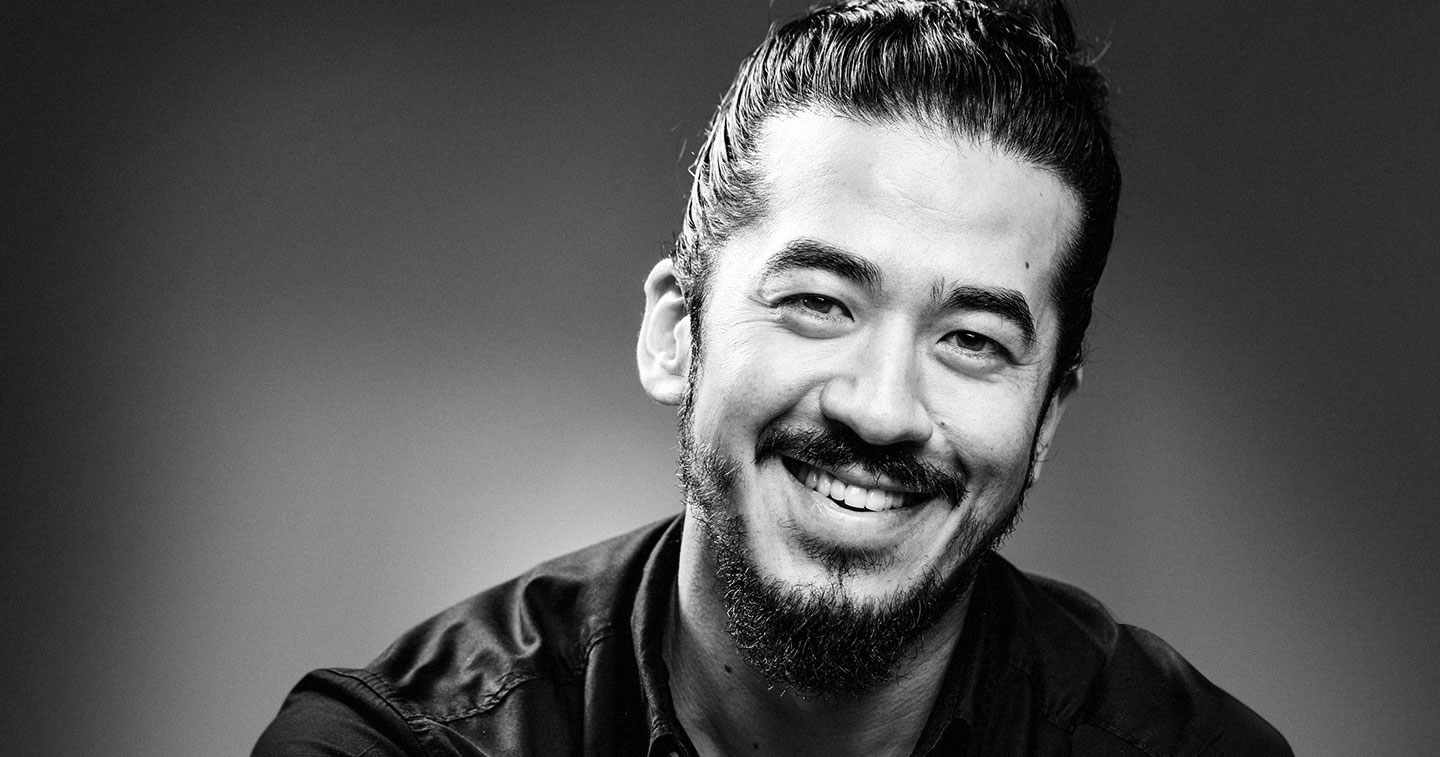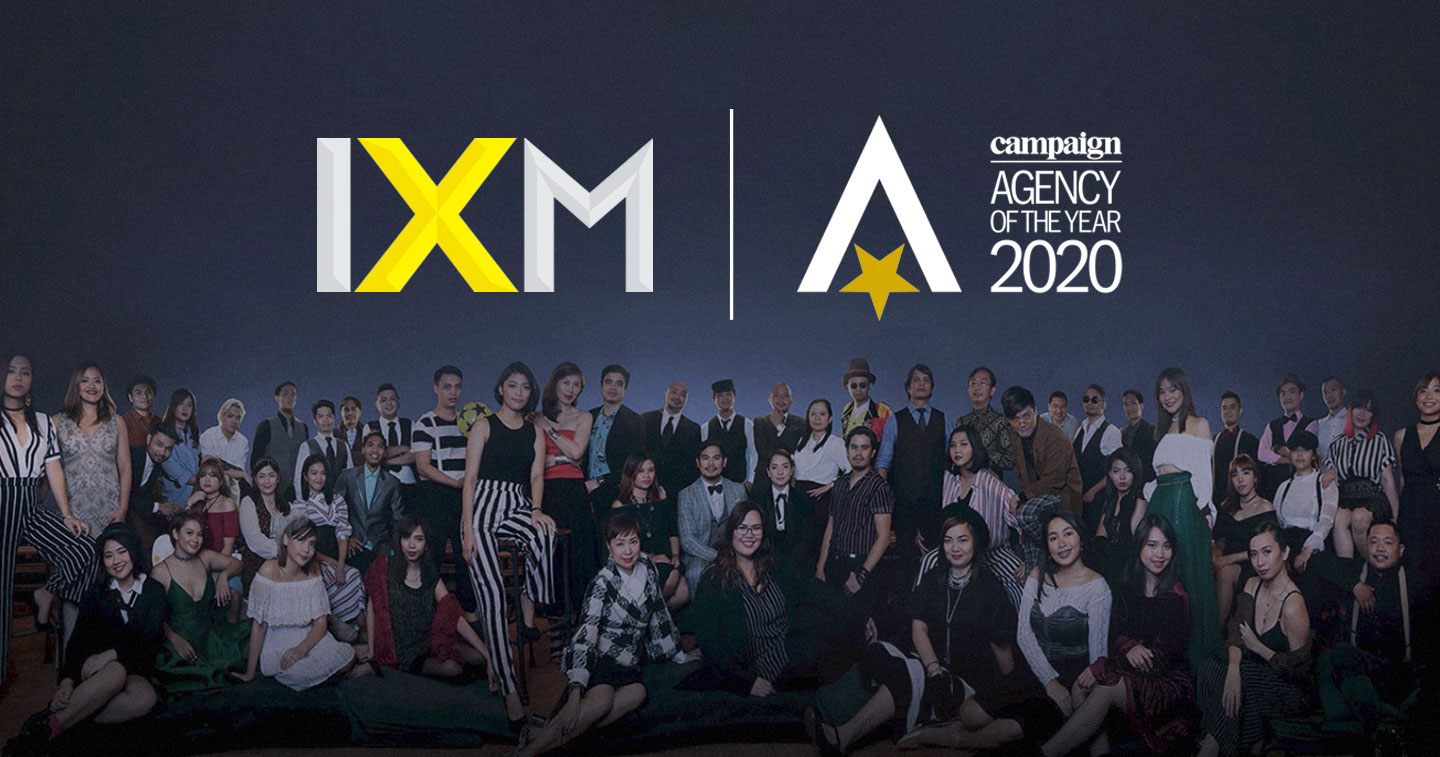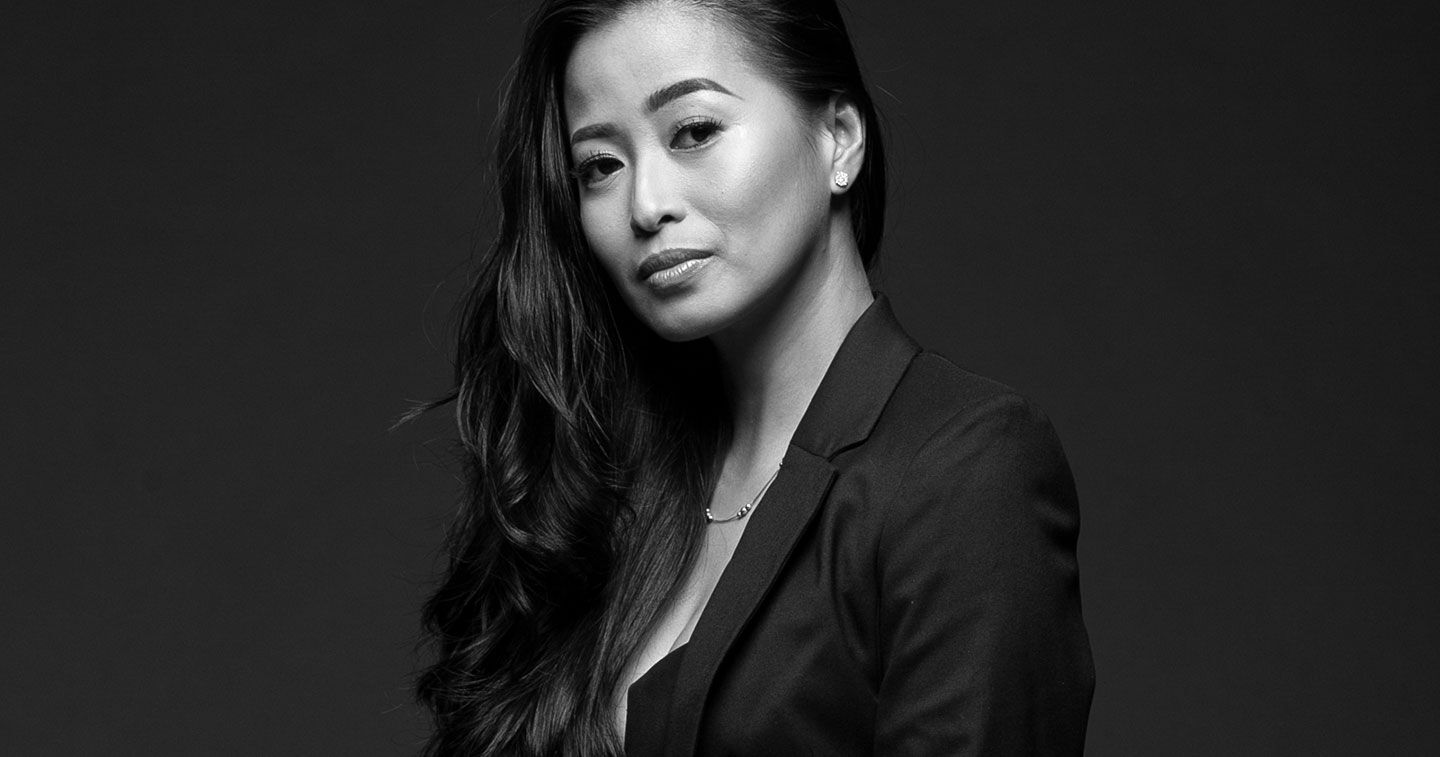PATTAYA – On a warm afternoon in Thailand, Ted Royer is enjoying the weather after being immersed in the best advertising campaigns in the region. He is the Chief Creative Officer for Droga5’s New York office, the current agency of choice that has been churning out creative advertising campaigns while also helping out in Hillary Clinton’s presidential bid last year.
“When I joined Droga5 I think I was the eighth or ninth person there, and now we’re approaching around 700 people in New York,” Royer says. “It’s been crazy. You know it’s funny, when we turned into 60 people, that seemed big and we had a certain culture then, and then it was 120 people and that seemed big, and we got our heads around that culture.”
“The other day, (agency founder) David Droga said, ‘not only have we never run an agency this big, we’ve never worked in an agency this big,’ he notes. “So the good part of that is I don’t think we’re bringing in any bad baggage or bad habits, like you would from other agencies. Sometimes when you’ve hired someone who’s been in a certain culture for years, they bring their habits and culture over. Luckily I think we’re kinda free of that.”
ADFEST is different
This isn’t Ted’s first time in Thailand. In fact, he has worked and lived in countries as diverse as Argentina, Singapore, and New York. This time around, however, Ted has been tapped to lend his expertise as Grand Jury President on ADFEST’s 20th anniversary.
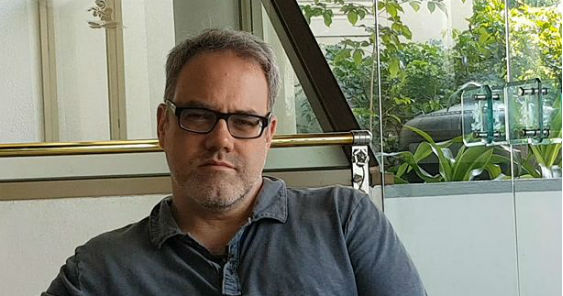
“I think ADFEST is super exciting because it covers an enormous region, from the Middle East all the way down to Australia, so we see work from I don’t even know how many countries,” he says. “Seventy-five or something like that? It’s great, the diversity of work is really exciting. The standard, of course, in countries like Australia, Japan, and Thailand, has always been really strong. But you see other countries now from the Middle East, or countries like Taiwan that seem to be coming into its own, lots of other places really raising their game. So it’s a great, diverse mix of work from all over.”
Ted points out something specifically about ADFEST that sets it apart from other festivals worldwide when he says, “ADFEST has a particular award called the Lotus Roots, which is all about work that specifically shines in it’s own culture, comes from a cultural insight, and really thrives in it’s own culture. Work like that often gets knocked out of other international award shows, but here I think the idea of Lotus Roots pervades everything. And so local work is celebrated probably more here than it would be in a giant international show. And that’s one thing I love about it: I get to see stuff that might not show up at other shows, and that’d be a shame because there’s some really great stuff.”
Globetrotting
Since his job has allowed him to live in different parts of the world, Ted can speak of the challenges as well as excitement that getting out of one’s comfort zone can provide. “First of all, if you ever get a chance to leave your home country and work abroad, I cannot stress enough how exciting that is, how it stretches your brain, how it challenges everything you thought was the status quo or the way to do something,” he shares.
“It is incredibly exciting. And I always say, if you live abroad or live somewhere new, even if you have a bad day at work and get nothing done, when you walk outside you’re completely stimulated by a sky that looks different from where you grew up,” he relays. “Or a language that you don’t know and you find yourself listening to it maybe as you would music. Or food that you’ve never seen before, or a culture that might seem alien to you but the more you start to figure it out, the more beautiful it becomes, and inviting it becomes. So if you get a chance to live abroad, I cannot stress enough: Please take it. It will make you a better creative and certainly a better human being.
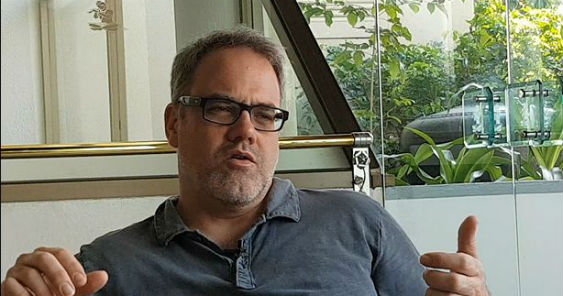
As he ponders this part of his career, Ted turns introspective as he examines how being away from his home has shaped his own way of thinking. “Living in all those diverse places I like to think has definitely made me a better creative, in that an idea, if it’s really great, should probably be able to work in different cultures,” he points out. “You begin to develop your mental muscles in a way that you problem-solve for a much wider audience. An idea that could work in Argentina but can also work in Thailand? Pretty cool idea. It’s based on some unshakeable human truths. I think that’s what you start to really look for: What’s a human truth that we can all share? Not ‘what’s a funny joke that people in my society would get?’ or an insight that’s only important to Australia. You start looking for real human truths. Truths like we’re all connected with our phones, or we’re all moving too fast as a society now. You can start having thoughts that cross the borders where you grew up.”
Advertising in the era of fake news
Since Droga5 did work on the Clinton campaign in 2016, Ted has a unique insight into how America is fractured, and how certain segments of their society felt ignored for so long, to the detriment of the former First Lady. “First of all in our agency we have a lot of products that are aimed at either red-state, blue-state people, or both groups. And so we have to have more sensitivity than ever that we are not just speaking to ourselves, that we’re speaking to people with different situations and different problems,” he says. “It is our job to be more aware of that than ever before. I think as advertising people we have the opportunity to create communications and mechanisms that don’t just add to the fight and don’t just add to the sides and the anger, but can cross boundaries. We’re in the communications industry. We should be able to get people to communicate. I think it’s a really noble goal to be able to do so.
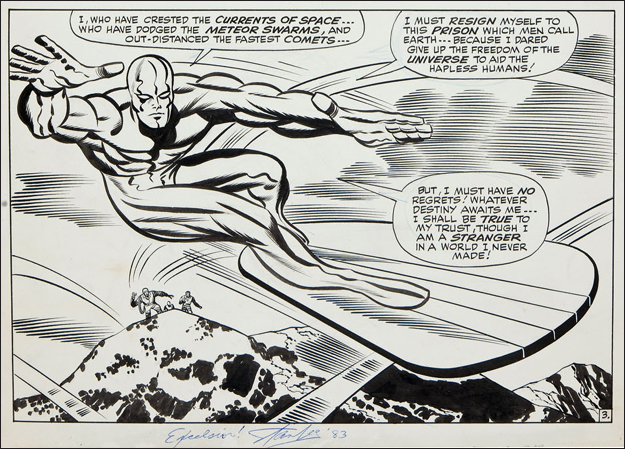
“We did a couple of Hillary ads. We were trying to get one candidate elected, for sure. But if we truly want to help the country, we’ve got to be able to find ways to talk to both groups,” he laments. “Find ways to reignite what it means to be an American. Not a red-state American or a blue-state American. I happen to totally empathize and agree with Trump supporters in that they feel like the rest of the country has ignored them. They feel like the coasts have gone on and had a big party to which they’re not invited. I’d be pissed off too about that, especially if I was losing my job and I was always called a racist redneck jerk. Yeah, I’d be pretty angry too. We have to be able to understand what that really comes from and be a lot more inclusive than either one of those bubbles have been.”
Five decades of Ted Royer
Ted turns 50 this year, and has been in advertising for over 20 years, but how does he keep the creative fires burning still? “The best part by far is working with young, happy, energetic people,” he shares. “They charge me up when I go in, and hanging out with the creatives at Droga5, they’re funny, their ideas are batshit crazy, they’ve got great energy and I love it. That is by far the best part of my job. Getting in there with all the different creatives and throwing ideas around and seeing what they can come up with.”
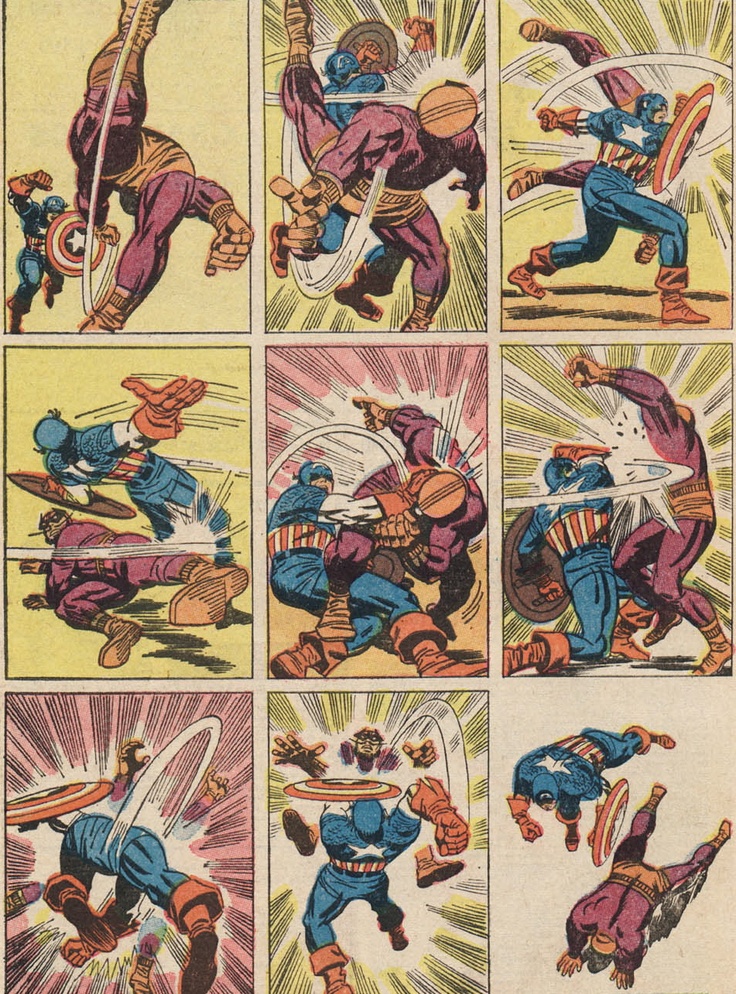
Mere hours before giving the final ADFEST talk, about “The party you can’t go to and the universe in your head,” Ted Royer is clearly in a good place creatively and career-wise. That final talk encompasses both his and Droga5’s advertising philosophy regarding advertising being desperate, which means agencies shouldn’t beg for attention.
Even as he presents examples of recent Droga5 campaigns for email services company MailChimp, sausages and meats company Johnsonville, Hennessy, and athletic gear maker Under Armour, Ted underlines the similarities in these ads as far as being truthful, evocative, open to individual interpretation, and in the end, inspirational.
He winds up his ADFEST talk with a tour de force slideshow on comic book artist and legend Jack Kirby, the co-creator of characters such as the Fantastic Four, the X-Men, Captain America, Iron Man, Thor, and many, many more. When Ted puts a spotlight on the man that comic lovers of all ages call “The King,” he credits Kirby with pushing on despite facing all kinds of adversity and cynicism when crafting his stories.
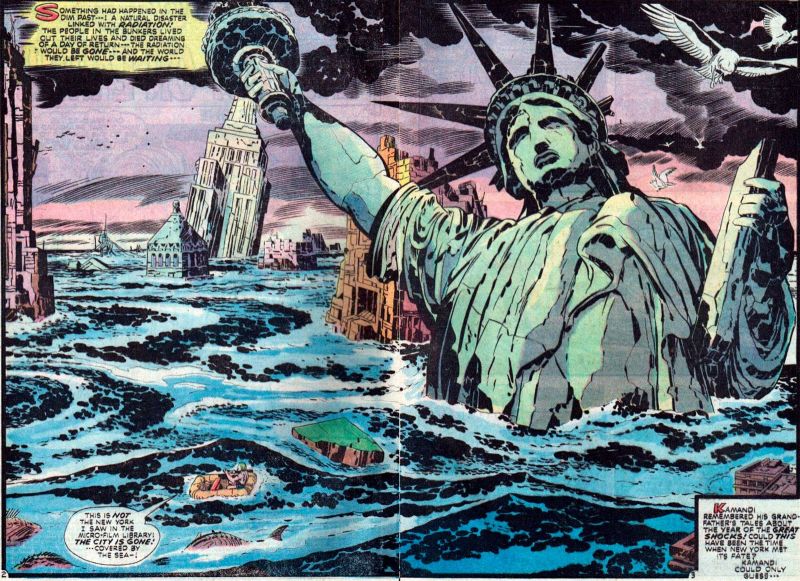
“(Kirby’s) ideas were never limited. His ideas burst off the page. He was loyal, not to the companies he worked for, but to his creativity,” Ted says. It is that same loyalty to creativity that Ted evokes when he shares that, “I’ve heard some creative directors say they don’t like young creatives because their ideas are ‘unrealistic.’ I am the absolute opposite. I want tons of unrealism. I want crazy ambition. I want like, ‘Let’s write something on the side of the moon’ where they’ll be like, ‘you can’t fucking do that!’ Well I don’t know, can you? I really like that kind of unbridled ambition and unbridled creativity. That keeps me young. That keeps me excited.”




